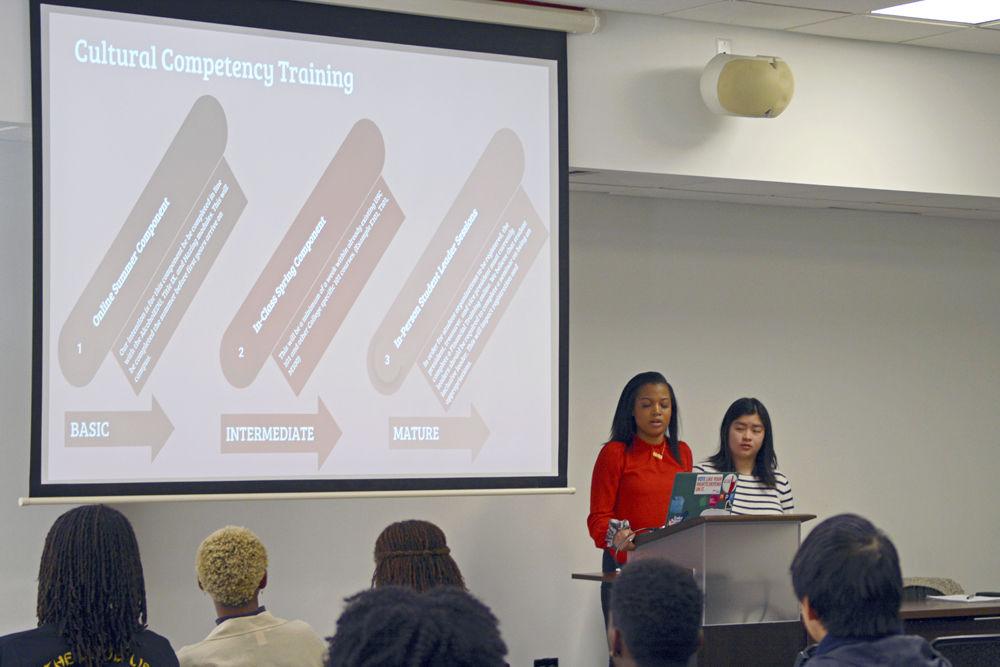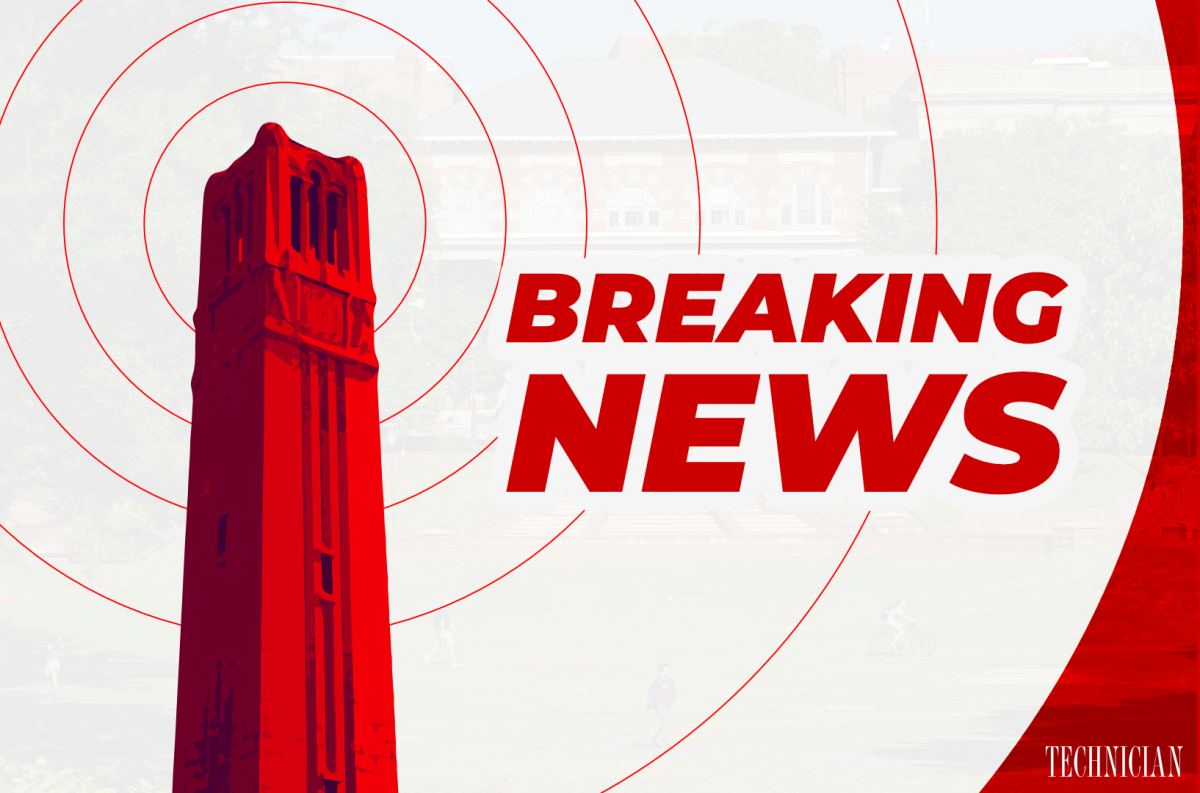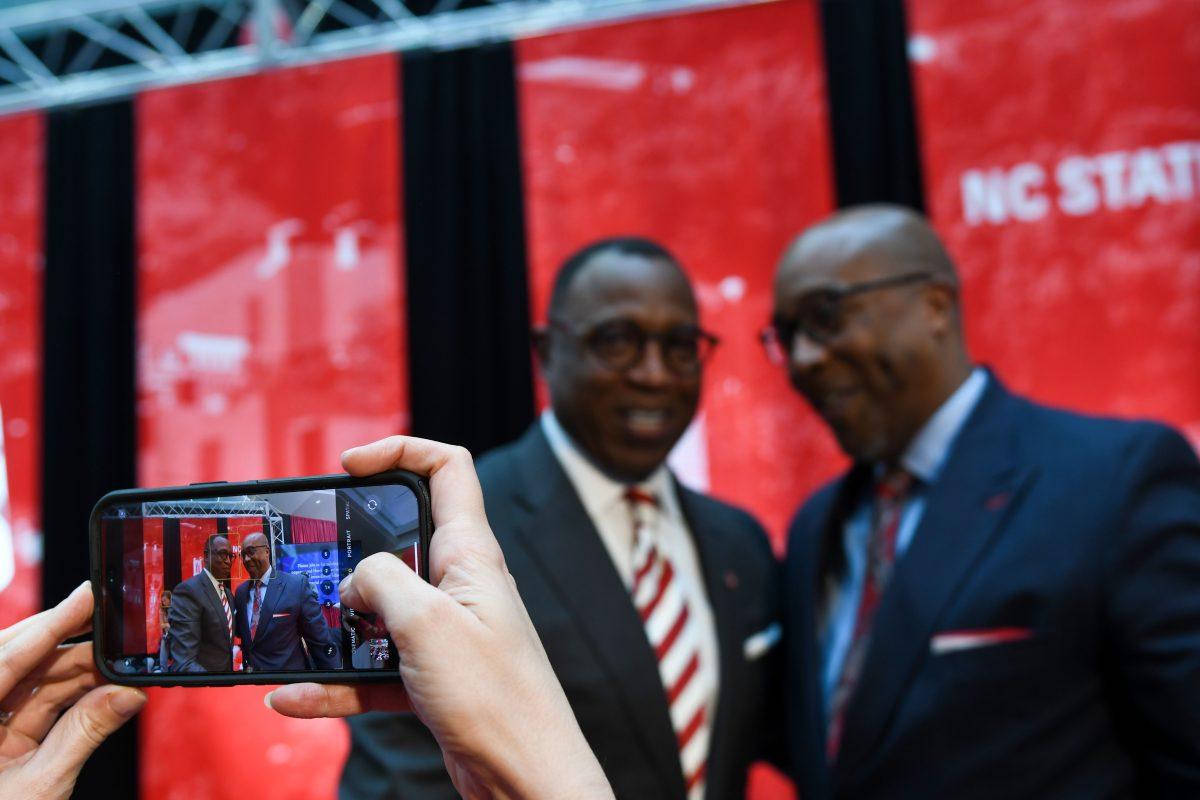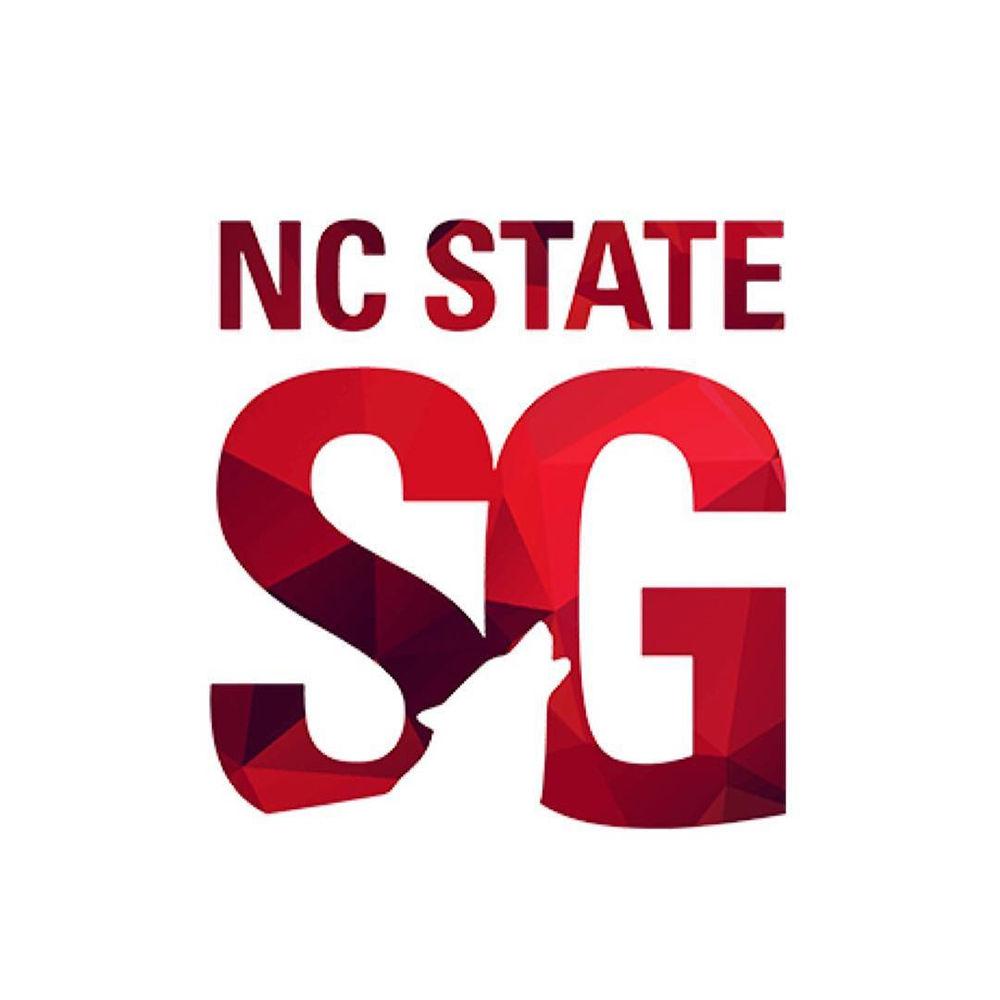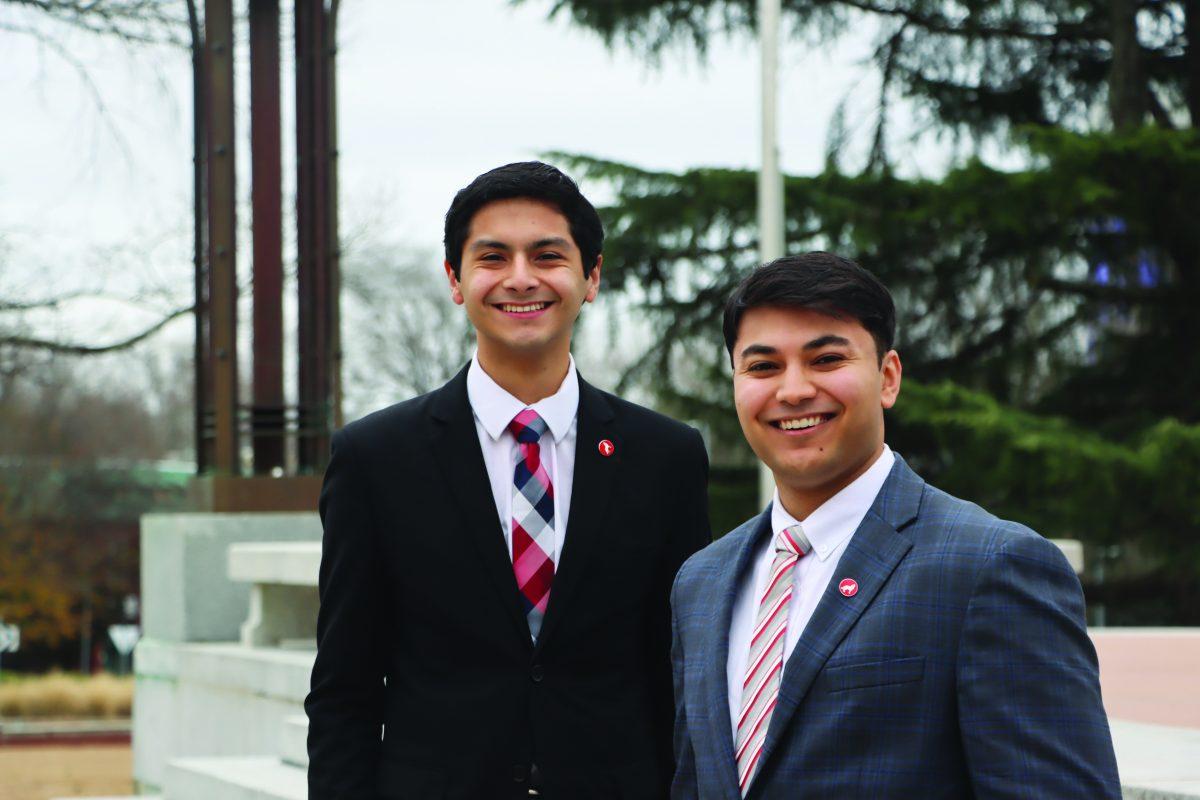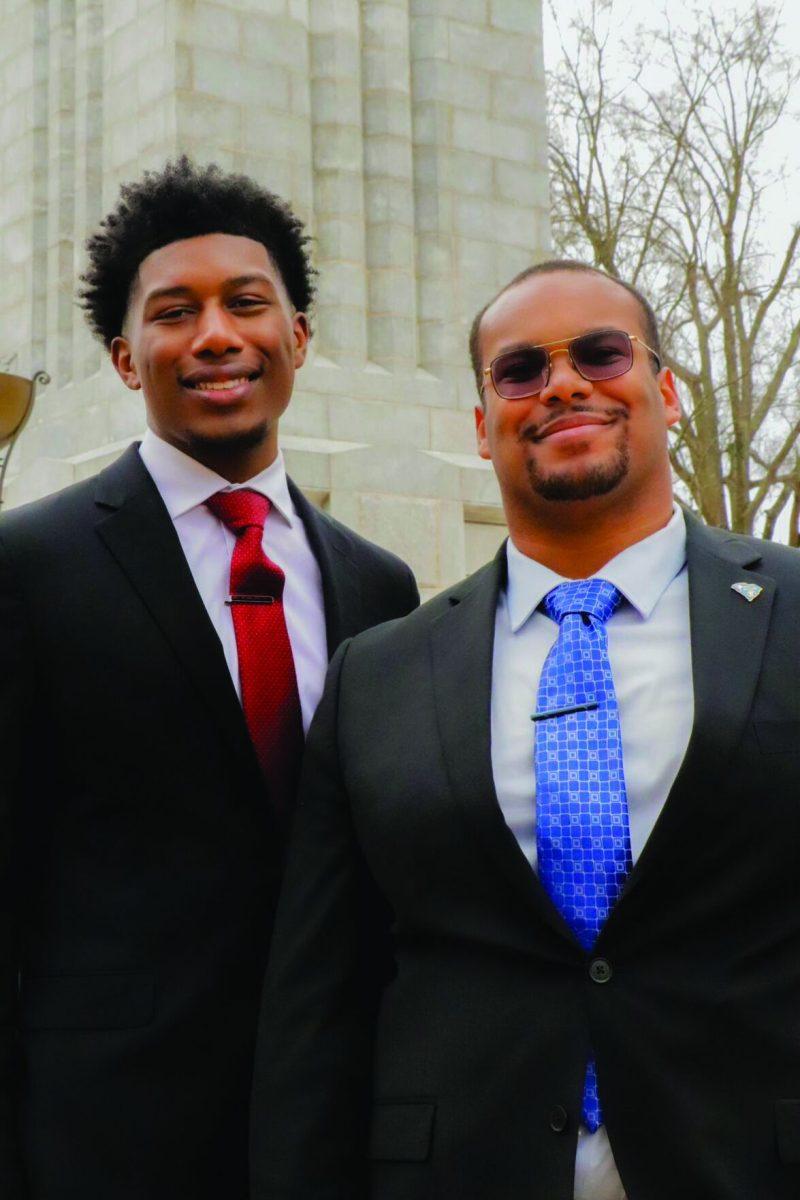As the 98th Student Government session nears its end, a Racial Climate Town Hall was held to discuss several ways in which Student Government could push to create cultural competency and awareness on campus to facilitate a safe learning environment.
The Diversity Outreach Department of the executive branch of Student Government co-directors Sam Chan, a third-year studying political science and business administration, and Shelsey Hall, a fourth-year studying philosophy and political science, hosted the town hall, where they explained their proposed initiatives to encourage cultural competency on campus.
The three proposed solutions for improving the racial climate on campus are cultural competency training, amending the Student Code of Conduct or Code of Ethics and restructuring the Bias Incident Response Team (BIRT) on campus.
Below are descriptions of the proposed solutions, as presented by Chan and Hall:
Cultural Competency Training
The basic level of this training includes an online summer component. Similar to AlcholEDU, Title IX and hazing modules, this online diversity training would be required for all first-year students to complete before coming to classes in the fall.
The intermediate level includes an in-class spring component, which involves incorporating diversity training into existing classes, like USC 101 and other college-specific courses.
The mature level of the training involves an in-person student leader session. Here, students on a student organization e-board will be required to complete a seminar on being an inclusive leader. This type of training will be similar to the financial training that student organization presidents, treasurers and vice presidents have to complete.
If the student e-board does not complete this training, it will impact the organization’s registration and their appropriations process.
Amending the Student Code of Conduct or Code of Ethics
According to the slideshow shown at the town hall, the first amendment of the Student Body Constitution does not currently allow for there to be major changes at a publicly funded university. However, student government wants to change this precedent and foster a better community where students and faculty are accountable for their words and actions.
In order to create this community, the Diversity Outreach Department wants to amend the Student Code of Conduct and include specific language that does not allow for hate speech. In addition, they want to incorporate repercussions for hate speech and for other acts of bigotry.
For example, a student will get suspended from the university if they are issued three warnings for underage drinking. The department said their plans were to implement similar repercussions if a student shows inappropriate and or hateful behavior.
Restructure of Bias Incident Response Team
Currently, the mission of BIRT is to address the outcome of bias-related incidents that negatively affect NC State’s community climate. However, Hall and Chan brought up concerns that BIRT may not be visible to the entirety of NC State’s campus as a resource.
Hall and Chan stated that the department’s next steps in this process is to set up follow up meetings with the Division of Academic and Student Affairs, NC State’s provost, the college deans, and diversity coordinators of each college.
During the open comments and discussions portion of the town hall, students brought up concerns about the retention of black students and faculty on campus and how to address faculty or staff that may make a learning environment uncomfortable in regards to diversity for students.
Hall said that through cultural competency trainings and the expansion of BIRT, the hope is that faculty and staff will be held accountable for their actions if concerns were to arise.
In addition, students were concerned about resident advisors and how some may neglect their diversity trainings while giving tours and or settling roommate arguments.
However, the biggest issue presented at the town hall was that many students are not aware of the resources on campus they can report to if an incident of hate speech or bigotry occurs on campus. Faculty in the audience brought up the importance of d communicating with their colleges’ diversity coordinators, who are equipped to handle those situations. In addition, students can submit reports to BIRT online.
All of the information and topics discussed at the town hall will be relayed to development resources for further planning. Right now, logistics such as how these initiatives will be funded, when they will be implemented and how long they will take are currently unclear, according to Chan and Hall.


